Huang Zheng Becomes Richest Man in China: Millions of Merchants Fuel Pinduoduo's Rapid Growth
![]() 08/18 2024
08/18 2024
![]() 638
638
Last week (August 9), China's richest man changed.
The "Bloomberg Billionaires Index" that day showed that Huang Zheng had become the new richest man in China, following in the footsteps of Wang Jianlin, who topped the list in 2013, and Li Ka Shing, who was Asia's richest man in 2014.
In the past few years, Zhong Shanshan has held this title, but compared to the controversies surrounding him, the new richest man, Huang Zheng, is much more low-key. Disputes related to him are generally directed towards his company, Pinduoduo.
Behind this change in the richest man is the fact that companies led by entrepreneurs like Huang Zheng have extended their reach into more industrial chains in China, managing more employees and capital, and binding more consumers. Whether it's Huang Zheng, Zhang Yiming, or others, these entrepreneurs are perceived more as Western-style "elites" and "capitalists." They are young yet seasoned, rational, restrained, insightful, yet also silent.
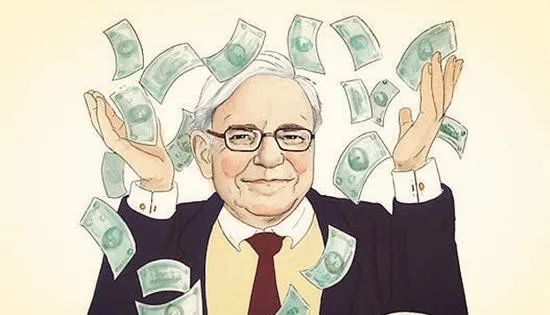
But no matter how silent, in a country of 1.4 billion people, the wealth accumulated by Huang Zheng to become the richest man must have followed a tumultuous path, and these paths revolve around Pinduoduo. Understanding the concerns and evaluations of Pinduoduo therefore reveals the source of Huang Zheng's wealth.
Similarly, Huang Zheng's thoughts and actions are projected onto the company level, significantly impacting related industries, employees, and users. As the richest man, this influence extends to nearly the entire society. Especially since Huang Zheng almost became the richest man in 2020 before stepping down as CEO and reducing his shareholding. Given the youth and growth trajectory of Huang Zheng and Pinduoduo, this sharp edge will become increasingly difficult to hide, and its ability to influence society will only grow stronger. Therefore, it is crucial to explore where he will take his wealth and Pinduoduo.
Specifically, Pinduoduo is a company with an annual net profit of nearly $10 billion, yet it employs only over 10,000 people. Public opinion surrounding its employees is mostly negative, with rumors of overwork deaths, non-compete lawsuits, bans on private communication among employees, and a 10-10-6 work schedule (10am-10pm, six days a week). Therefore, this article will not discuss the "employee" level but focus on the three external groups of "users," "merchants," and "manufacturers."
01. Consumer Interests: Honey and Poison
To start, we believe that on the consumer level, Pinduoduo's low-price "honey" is merely a facade.
The keyword in consumers' reasons for choosing to shop on Pinduoduo is undoubtedly low price. In recent years, people have said that the e-commerce industry has become increasingly "convoluted," with the focus on low prices leading to internal competition with no external development, low efficiency, and repetitive downward competition. But is such low-price competition truly beneficial without drawbacks for consumers? Or are the benefits visible while the drawbacks are hidden?
Consumers pursue quality products at low prices, but this is often unrealistic, requiring trade-offs and choices that cannot be made without information disclosure and external guidance. When information is sufficient, especially when quality issues are highlighted, price is not the most crucial decision factor. Otherwise, poor-quality products would dominate the market. However, if information is insufficient or biased, the outcome may differ.
Huang Zheng has a memorable view on product quality and price, stating that traditional companies divide users into first-tier and second-tier, inner-city and suburban, while "Pinduoduo satisfies many aspects of a person." His statement is somewhat grandiose, as Pinduoduo cannot truly satisfy all aspects of a person. Rather, regardless of wealth, most people have a desire for bargains, which Pinduoduo aims to fulfill.
Or more accurately, not satisfy but guide and stimulate. Guidance often leads to deviations from the original path, with demands and benefits mismatching, ultimately harming consumers. Whether products are fake or inferior, they can lead to increased repurchase costs or additional losses. Simply put: seeking small gains can lead to significant losses.
On the Pinduoduo app, manipulation and guidance of consumers' psychology are ubiquitous. From tasks like "cut prices" and "collect red envelopes" to "free orders" and "only refunds," the platform is designed to influence users. A basic yet crucial feature reveals this: top reviews on Pinduoduo rarely include negative comments.
Is this because product quality on Pinduoduo is excellent, with few negative reviews? Those with shopping experience on the platform likely have their own answers.
If consumers face obstacles in self-screening, how effective is the platform's screening? Data shows that Pinduoduo's complaint rate once reached 13.12%, the highest in the industry. In the past 30 days, complaints on the HeiMao platform have exceeded 30,000, far more than any other e-commerce platform.
An example is a report by "LatePost" last year comparing the qualifications required by Taobao, JD.com, and Pinduoduo for merchants to sell "Yangcheng Lake hairy crabs." The result was that only a basic "Food Business License" was needed to sell so-called "Yangcheng Lake hairy crabs" on Pinduoduo.
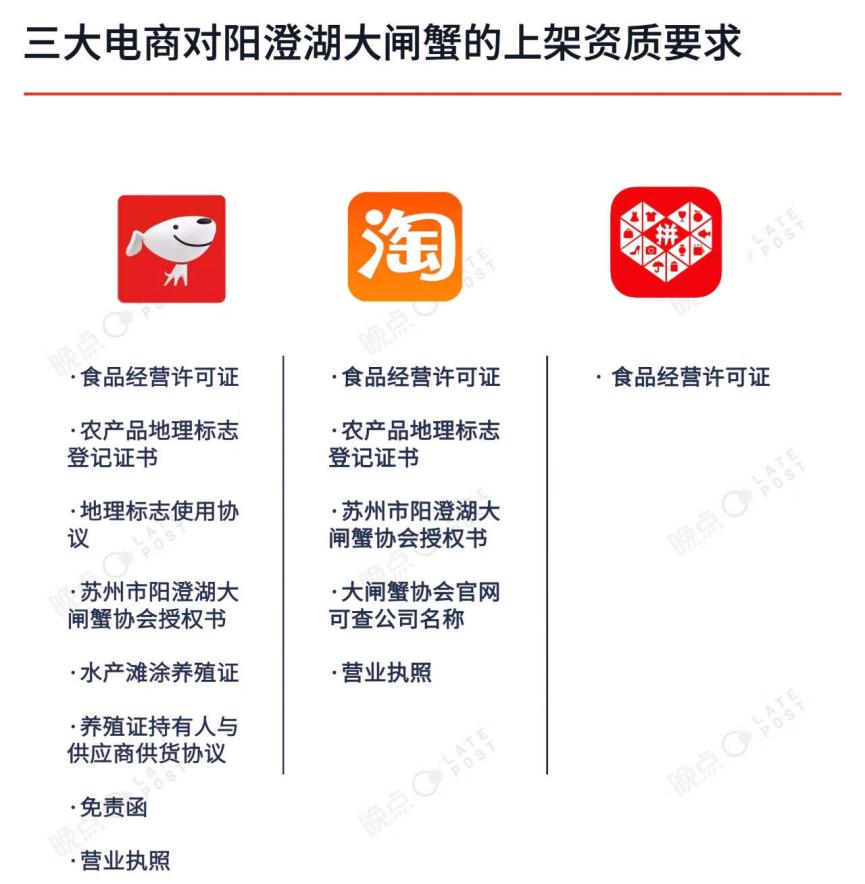
In July 2018, shortly after its IPO, Pinduoduo was embroiled in a fake product scandal. Co-founder Da Da attributed it to an industry-wide issue, stating that the pressure on the three-year-old company was too great but promising gradual improvement. News reports indicate that this issue has persisted annually since then, with Wuliangye "bombarding" Pinduoduo shortly after the Lunar New Year.
We should trust that a profitable company with elite talent and a billionaire founder is capable and adept at solving problems, right?
Writing this, I can't help but recall a notorious case in business history.
In the 1970s, Ford introduced the "Pinto," which had a design flaw causing it to easily catch fire in collisions. Ford calculated that a recall would cost $137.5 million, while compensation for accidents and deaths would only be $49.53 million. For a long time, Ford chose not to recall the cars, essentially saying, "If they burn, so be it."
02. Business Rights: Refunds Only and Tenants
Looking at merchants, a frequent keyword in their interactions with Pinduoduo is "rights protection." These conflicts mainly revolve around "refunds only" and "fines," which we will focus on in this section.
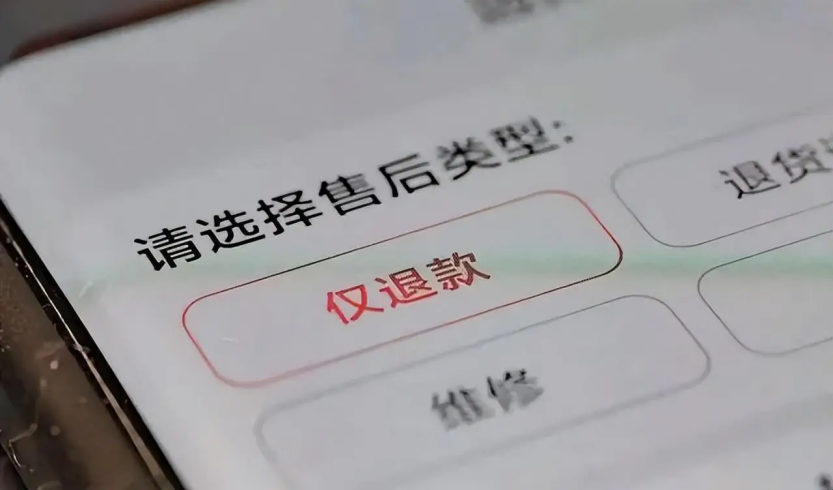
Chinese people are inherently kind and tolerant, and merchants, as weaker parties reliant on platforms, do not naturally have a fertile ground for rights protection disputes. However, last year's store bombing incident and this year's Guangzhou siege were both major events centered around "refunds only" and "fines."
First, let's look at store bombing and refunds only. At the end of March last year, a large number of small and medium-sized Pinduoduo sellers posed as consumers, placed bulk orders in some stores, left negative reviews, and applied for refunds, disrupting normal operations. This incident spread from Pinduoduo's self-operated stores to brand stores like Vivo and many ordinary stores.
The success of the store bombing was largely due to Pinduoduo's policy on refunds only.
If this policy were reasonable and protected merchants' business rights, merchants couldn't unite to attack the platform's self-operated stores. Conversely, merchants' ability to retaliate shows that the policy is unreasonable and subject to abuse, as reflected in the platform's complaints of "vandalism" and "online violence" being part of merchants' daily lives.
"Refunds only" is neither inherently good nor bad. Amazon also has customers exploiting loopholes, and Pinduoduo has users who uphold principles. What differs is the platform's rulemaking and implementation and its desired direction for consumer guidance. Why do Pinduoduo customers boldly state reasons for refunds like "I'm short on money recently" or "I didn't know I had to pay for things on Pinduoduo"?
Logically, merchants should have more autonomy in resolving disputes or at least be allowed to defend themselves. Technically, monitoring frequent and abnormal refund requests and strengthening reviews of such accounts is not difficult. Pinduoduo introduced refunds only in 2021, but merchants' complaints grew louder over the years. Only after other platforms followed suit within the past year did top-down rule optimizations begin.
The controversy over "fines" was even more significant. On July 29, news of hundreds of Temu merchants protesting at Pinduoduo's Guangzhou headquarters went viral, with over 800 merchants reportedly traveling from across the country.
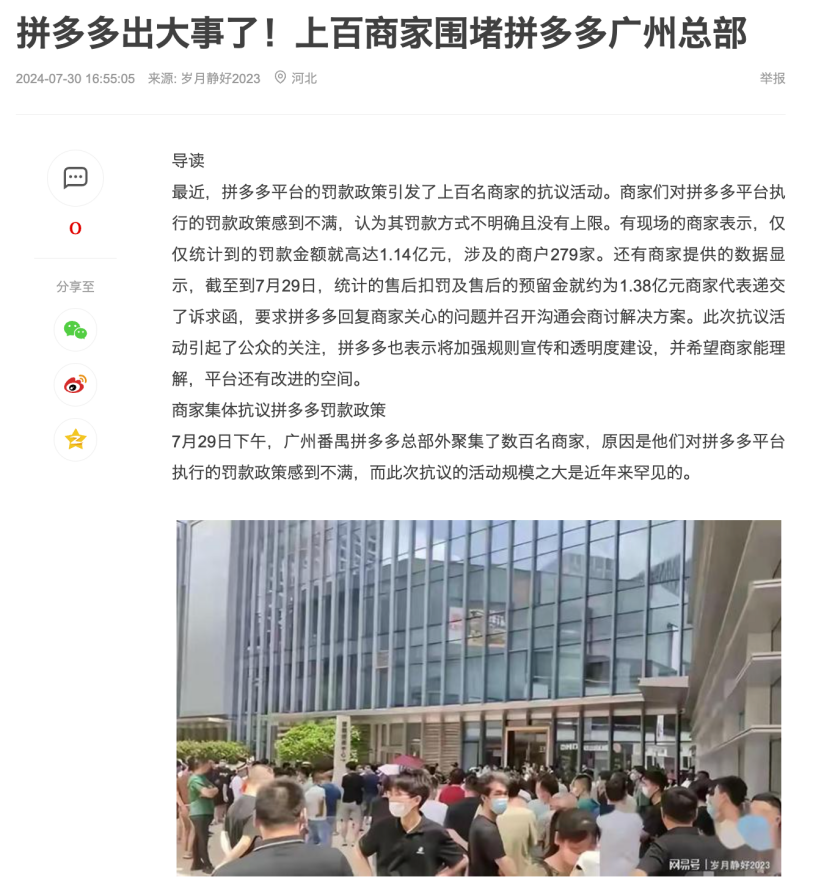
An early merchant named "Mu Feifei" claimed to have been fined over 400,000 yuan, including 1882 fines totaling over 200,000 yuan in May alone. According to Caixin, a directory compiled from information provided by over 100 merchants showed that "total fines and frozen after-sales reserves amounted to 142 million yuan."
As a merchant fined nearly 2,000 times in a month, Mu Feifei said she "didn't even know which rule she violated, let alone how to violate it." Videos from the scene suggest that merchants are not opposed to fines but believe Temu's fines are unreasonable.
Specifically, merchants believe: 1) Some fines lack reasonable explanations and rules; 2) The number of fines is excessive, with no upper limit on amounts; 3) Fines are delayed and notified in batches, making losses unpredictable. Combined with the frustration of ineffective appeals, these issues become unbearable for merchants.
Right and wrong are in the hearts of the people. We wonder: if the rules are indeed unreasonable, why do merchants accept them? The answer may lie in "On Selling Land," written by Li Diaoyuan, the Guangdong Provincial Educational Commissioner during the Qianlong period of the Qing Dynasty. The essay details how Li's friend Wang Zerun voluntarily became a tenant farmer.
Wang Zerun was a self-sufficient farmer with ten acres of land, able to meet basic needs with normal costs and taxes. However, a rule required self-sufficient farmers to perform corvée labor. By selling his land to a landlord and renting it back, he could avoid corvée labor, albeit at a high rent. As more farmers became tenants, others had to shoulder heavier corvée labor, leading more to abandon their land.
When a platform holds the power to make rules, it can appear clean and legitimate, yet injustices persist.
03. Social Responsibility: Manufacturing and Business Cards
This section discusses social responsibility, specifically the platform's value to upstream supply chains.
It is commonly acknowledged that Pinduoduo hosts many factory-type merchants, and many small merchants source from these white-label factories, contributing to Pinduoduo's success. We agree that Pinduoduo's existence helps these small manufacturers survive, even if profits are modest.
At a press conference held by the State Council Information Office on August 15, Liu Aihua, the spokesperson and Chief Economist of the National Bureau of Statistics, stated that domestic supply and demand are gradually improving. As demand deficiencies are addressed, supply and demand will further balance, and price movements are expected to improve.
Traditionally, supply-demand imbalances have two dimensions: in high-tech industries, imbalances stem from insufficient technological reserves and supply capabilities; in traditional industries, they result from excess capacity and inadequate demand. Under this disparity, improving supply-demand relations involves upgrading and adjusting capacity.
Therefore, Pinduoduo's support for white-label merchants and low-price competition may help individuals but hinder the bigger picture. It could sustain technically and competitively challenged, near-bankrupt manufacturers, hindering the upgrading and adjustment of capacities that could otherwise improve supply-demand relations.
On Monday, at a "anti-internal competition" conference in Hangzhou, Dong Fanming, a second-generation factory owner and Stanford alumnus, shared his experience. He runs a food company and noticed competitors selling mooncakes for one yuan each on e-commerce platforms. Curious, he ordered and received the mooncakes but couldn't understand how they could cover costs at that price.
He's fortunate as an export-oriented factory selling globally, avoiding such low-cost competition. But how many factories can obtain export qualifications and overseas clients nationwide? Many struggle in this quagmire.
In today's increasingly specialized society, no industry can thrive without upstream and downstream support. Sometimes, manufacturing ills may be hard to self-heal, but an external push can ease or exacerbate them, as seen in Britain's aggressive foreign expansion after the Industrial Revolution.
Retail, especially e-commerce platforms, plays a crucial role in improving China's manufacturing supply-demand relations. Whether they contribute positively or hinder progress depends on their business rules and guidance.

In recent years, China has aimed to build a strong international reputation. In high-tech manufacturing, Huawei and BYD have solidified China's positions in communications and new energy, adding luster to the "Made in China" brand. However, in traditional manufacturing with ample capacity, exporting low-cost, low-quality white-label products may easily penetrate markets like Amazon but damage China's reputation long-term.
04. Final Thoughts
In 2016, Huang Zheng published an article on his personal WeChat public account titled "Gresham's Law and the Cinema Phenomenon, Among Other Things."
If he were to write again today, the cinema industry might no longer be the best example of "Gresham's Law." In China's e-commerce industry and within platform ecosystems, an invisible hand is turning this absurd expulsion into reality.
As of August 16, according to the data from the "Bloomberg Billionaires Index," Huang Zheng has held the top spot in China's capital city for a week. This means that Huang Zheng and Pinduoduo will inevitably become the focus of public attention, carrying a heavy burden that cannot be escaped.
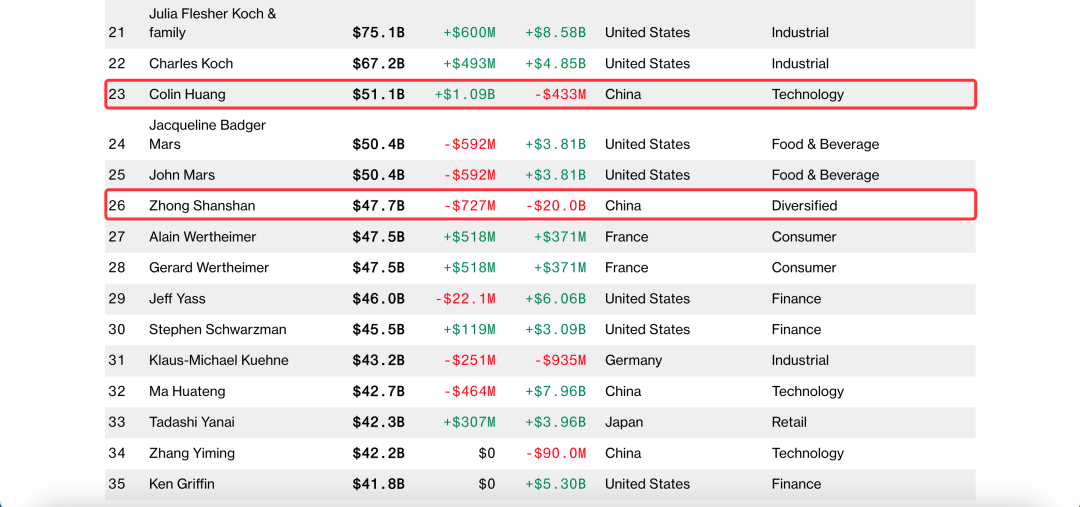
As mentioned at the beginning, Huang Zheng became China's richest man thanks to the support of 1.4 billion people, and his success is inseparable from the backing of consumers and merchants, albeit inevitably involving their hardships. From a corporate governance perspective, Pinduoduo, which was founded less than a decade ago, has achieved astonishing capital accumulation, and it's not surprising that some underhand tactics were used to get there.
However, those who find themselves in positions of power, especially those under the spotlight, should understand the principle of "when one reaches prosperity, one should help others." An individual's success is not true success, nor is the success of a single company the end goal. What we care more about is where Pinduoduo will lead its users, merchants, and factories in the future.
Will it continue to prioritize rapid growth and exaggerated profit margins, leading to endless user complaints, merchant rights protection issues, and brand counterfeit crackdowns, or will it transform into a company respected by consumers and merchants, becoming a proud representation of China? We can only wait and see.
*The featured image and accompanying images in the article are sourced from the internet.







